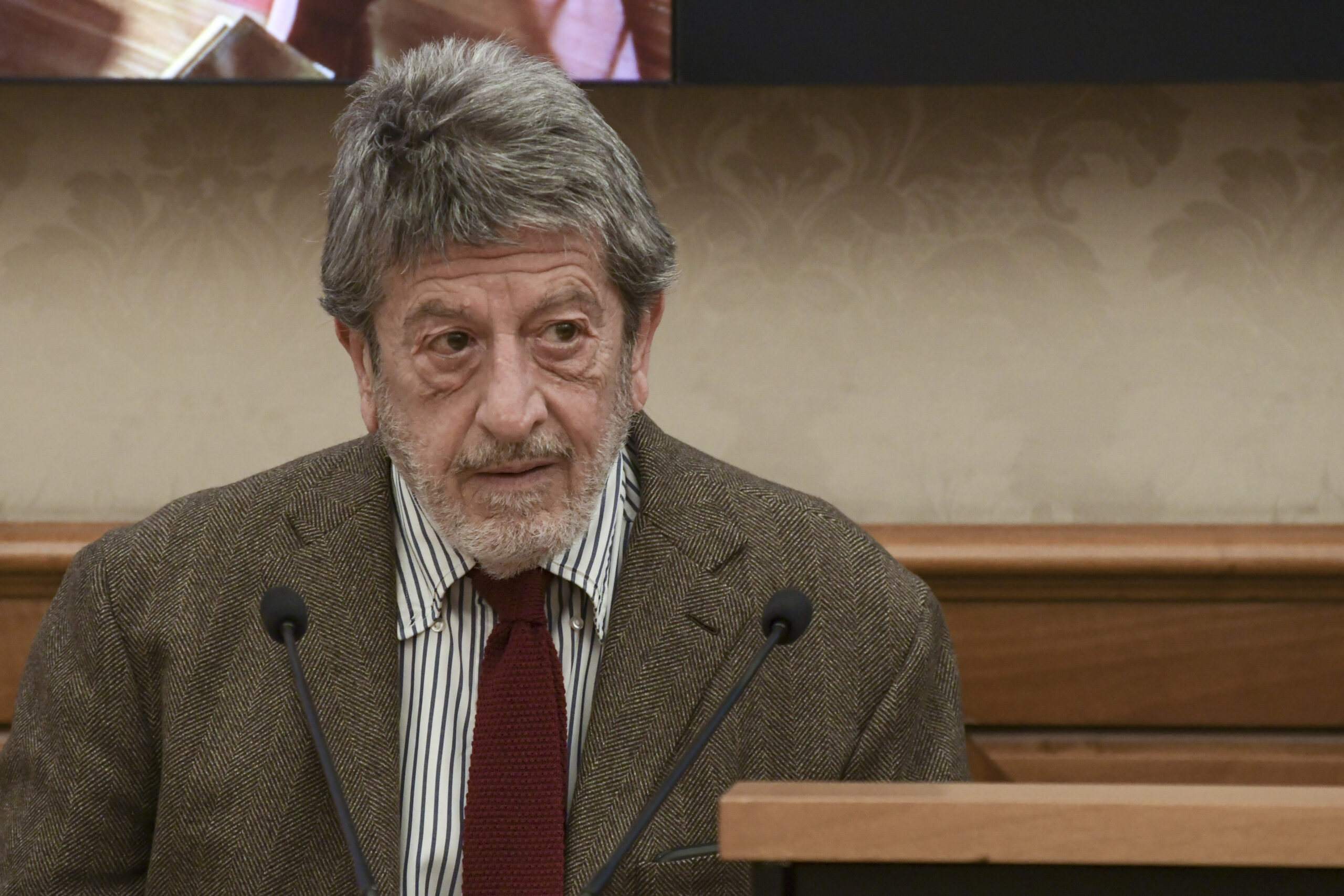Purgatori, Ustica and the subculture of suspicion

Journalist Andrea Purgatori's investigations were compelling, well-constructed, with adequate twists and turns, but they claimed to be the truth: the one that goes beyond sentences and does not need proof. The intervention of Giuliano Cazzola
I don't know Gregory Alegi, but I agree with his judgment on Andrea Purgatori. Surely he was a great journalist, a professional full of titles, a person who with his work had an impact on the history of the country. But we have to agree: is an investigative journalist good when he discovers a hidden truth, perhaps challenging the powers that be, revealing "the tears and blood of the rulers' scepter", or when he constructs an unfounded story, even managing to convince public opinion that he is right?
Purgatori was one of the first and the best to give credibility to a version of the Ustica massacre which held up even after the resounding denials of the sentences which defined – as Alegi recalls – “Everything else is political fiction or a novel which could also be interesting if 81 innocent victims were not involved”. Or, on the question of the Libyan Mig, "everything else is the result of the press which indulged in finding cold or hot war scenarios to the point of looking for a (false) connection with the crash of a Libyan Mig aircraft which occurred at a later date".
Purgatori was not a brilliant writer of spy stories , but the correspondent of a major newspaper. He had the shrewdness to put together all the clichés of that time in a plausible story, which unfortunately are also present today in many investigations by the investigating magistrate in synergy with the media specialized in giving effect to what intrigues public opinion, even when it comes to non-existent facts. Then it was enough (unfortunately it is even now) to involve NATO in all possible crimes and be believed. The version of the dogfight over the sea of Ustica and the missile that knocks down the Itavia aircraft with all the passengers on board, never tried despite the commitment of the investigating judge Rosario Priore, is still the version ''finally'' in public opinion.
What can we say then of a journalist who has contributed so much to the spread of the subculture of suspicion and conspiracy, tickling the idola tribus of a country instigated for decades by propaganda that transformed enemies into friends and vice versa (outside Italy from NATO, outside NATO from Italy)?
The spy stories of the great American writers have crossed the ocean, have become successful film scripts, real sagas starring the same character and even the same interpreter. The topics addressed call into question the CIA, its duplicity, the diverted services, the arrogance of power; misdeeds that reach as far as touching the White House (anything but a State/Mafia negotiation!). But those were novels; Purgatori's investigations were equally compelling, well constructed, with adequate twists and turns, but they claimed to be the truth: the one that goes beyond sentences and does not need proof. That historical truth to which the executioners appeal when they are denied by the procedural truth.
Honestly, I can't find reasons to be grateful to Andrea Purgatori. Rest in peace.
This is a machine translation from Italian language of a post published on Start Magazine at the URL https://www.startmag.it/mondo/andrea-purgatori-inchieste-realta/ on Fri, 21 Jul 2023 06:46:38 +0000.
